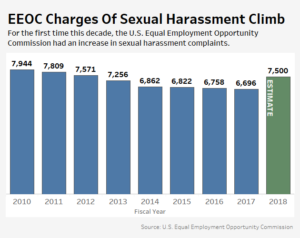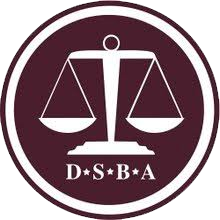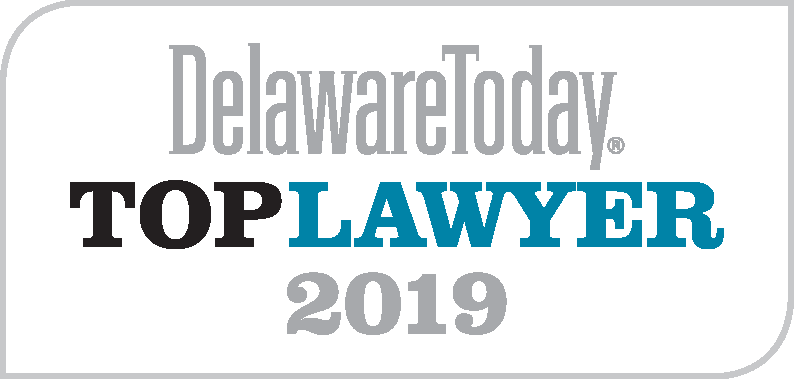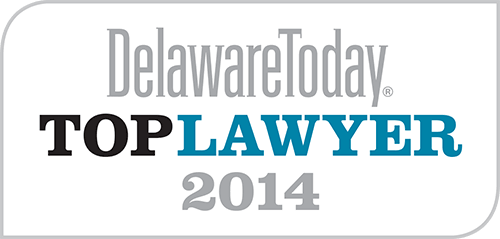States all across the U.S. have been continuing to create new laws and advancements in accordance with the ‘Me Too’ movement. The ‘Me Too’ movement which was founded in 2006 to help survivors of sexual violence. The goal of the ‘Me Too’ movement is to develop a conversation around sexual violence and in 2006 the hashtag #MeToo went viral and started a crucial conversation about sexual violence nationally.
To collaborate with the ‘Me Too’ movement and to try to avoid sexual harassment and violence in the workplace many states are passing several new sexual harassment training laws. Delaware has passed a law that went into effect on January 1st, 2019 that requires employers with at least 50 employees in the state to conduct anti-sexual mandatory training that must be completed by January 2020 for existing employees and then for new employees within one year of the start. The training must address the illegality of sexual harassment, define sexual harassment and even give examples, detail the legal remedies that are available to the employee, and finally instruct employees that retaliation is prohibited.
This new Delaware law under the Delaware Discrimination Employment Act also affects employers with at least four employees within the state as they are now required to issue an information sheet on sexual harassment that is issued by the Delaware Department of Labor to all new employees when they start employment. This information sheet is to inform new employees of their right to be free from sexual harassment and how to report sexual harassment. Employers must distribute this information sheet to new employees at the commencement of employment and to existing employees by Jul 1, 2019.
The Delaware Discrimination Employment Act protects all individuals in all workplaces. Some examples of sexual harassment include but are not limited too unwelcome or inappropriate touching, making sexual comments about an individual’s appearance, body, or the way they dress, or making sexist remarks or derogatory comments based on gender.


















